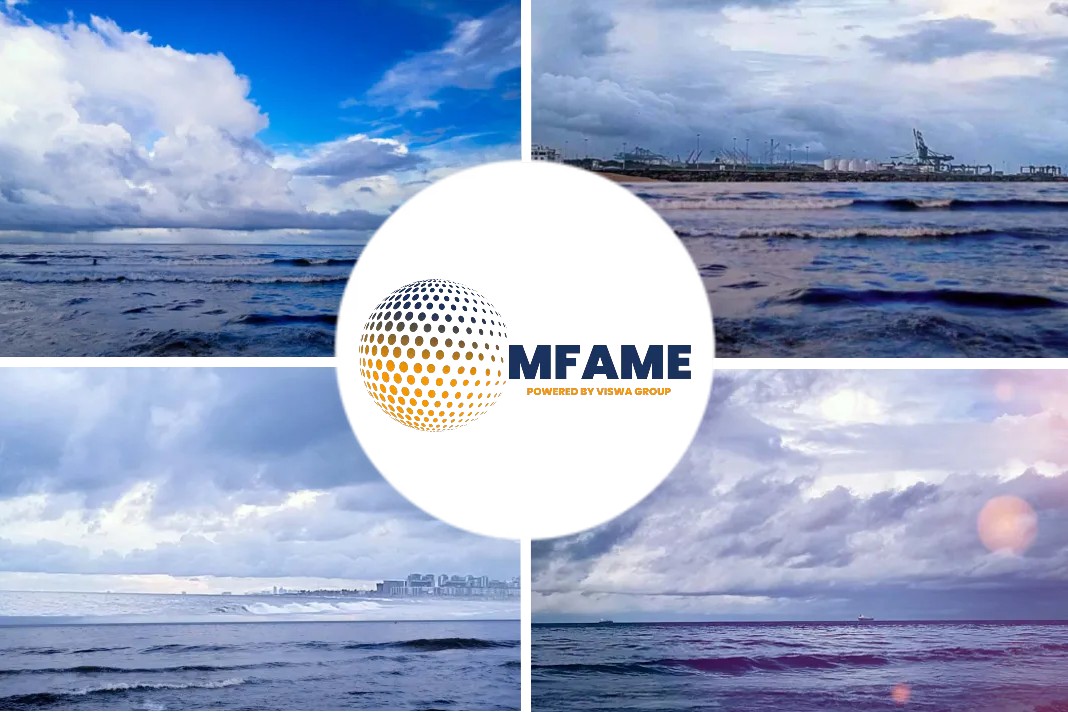Shipping could find itself in new overtonnage supply in two years’ time, if newbuilding ordering picks up pace once more
As the growth potential for global trade appears to be limited for the time being, ship owners should continue to look to trim further tonnage supply, in order to avoid a new crisis in the freight market. In its latest weekly analysis, shipbroker Allied Shipbroking said that “with focus being turned on the G7 meeting taking place in Italy this week and part of W-O-W change the main agenda to be discussed being the openness of trade and a hold on the growing trend towards protectionism, the prospects of global growth and its reliance on the openness of international trade are once again on the defense. Global growth has been moving at a sluggish pace for several years now and despite the optimism prevailing the commodities’ trade these past twelve months, it still seems as though there just isn’t enough drive to really getting things moving on a higher gear”.
According to Mr. George Lazaridis, Allied’s Head of Market Research & Asset Valuations, “shipping has managed to radically reshape itself under the extreme pressure it has gone through over the past couple of years, with the dry bulkers having cleared up most of their past excesses during the tough market conditions of 2016, while oil tankers have seemed to have learned the lessons of the past and reflected on the difficult conditions that the dry bulk market faced during the past year in order to refrain from overweighing the market with any excessive newbuilding orders.”
“This restructuring has left both these main ship types in better shape to be able to deal with the unfavorable scenario that we will continue to face a slow pace in global growth for several more years. While under the possibility that we see a more favorable outcome and seaborne trade in bulk commodities starts to see a new renaissance and the year-on-year increases in demand for shipping once again enters double digits, we could even be pleasantly surprised to find ourselves in the midst of a booming market as the remaining shipbuilders struggle to match this with a similar paced increase in the fleet’s carrying capacity”, Lazaridis noted.
“For the moment however we should stick to what’s more likely as an outcome and it seems as though this year as well as the next will continue to underperform compared to the average economic growth figures that were being noted back in the 2000’s. As such, the concerns voiced by some in the industry regarding a resurgence in new ordering has some fair grounds. In the case that we see a similar volume of vessels being ordered as we did back in 2010 and 2014, we would once more find ourselves swamped in an excess of vessels in two years time when these vessels get delivered. For the moment the drive to this direction is limited, but something that could drive this momentum further is under the situation that secondhand vessel prices continue to increase at a considerably faster pace than the prices being offered by shipbuilders for the construction of a new vessel”, Allied’s analyst noted.
Lazaridis notes though, that “we still seem to be far from this scenario and we may well see the secondhand market face a sudden halt in their current trends before reaching the critical point that would sway buyers to the direction of placing a new order, as freight rates are still at relatively low levels despite their considerable improvement. Nevertheless and despite what is being done from the side of ship owners themselves, it is important that some sort of effort is made from the main developed economies in order to push global growth to improved levels. It will mean that beyond the upkeep of open boarders, we will need to see a considerable effort being made in most of these major developed economies for restructuring so as to boost incomes and employment levels and in turn improve their consumer base. Without increased consumption of goods, it is hard to see how we will be able to see economic growth get back on its feet and in turn drive investment and trade in commodities”, he concluded.
Did you subscribe for our daily newsletter?
It’s Free! Click here to Subscribe!
Source: Allied Shipbroking
















